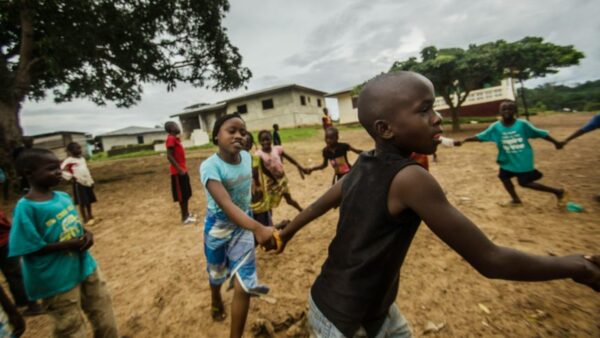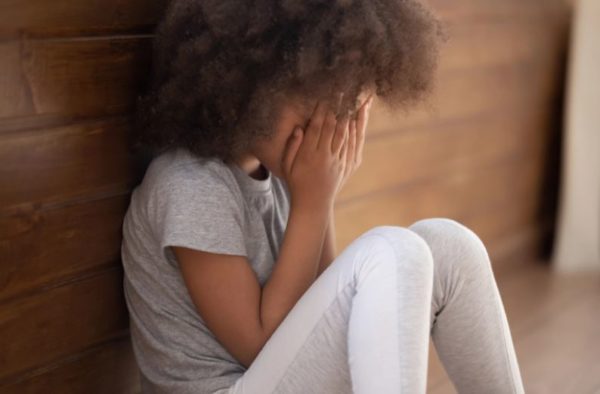Lifestyle
5 emotional wounds of childhood parents may fail to recognize

Children are extremely vulnerable. They don’t understand a lot of grown up things, but when it comes to feeling emotions like sadness, anger, pain and fear, they do so immensely.
During childhood, one of the closest bonds kids share is with their parents. As they grow up, more people come into the picture but their moms and dads are the primary caregivers who really matter to them.
Parents go over and beyond to provide their kids with all the love and luxury, but often they may say or do things that may leave a child emotionally wounded.
That said, while being a child makes one susceptible to physical injuries, emotional wounds are often something that go amiss and parents fail to recognize them in time.
Hence, it is important that we know all about the kinds of emotional wounds children can face and must identify them in time, so it does not get passed on to their adulthood.
1. Rejection
Rejection is a type of wound that comes along with a feeling of non-acceptance and dismissal. It is one of the deepest emotional wounds that affects people from within. Factors that often give rise to this fear in kids is rejection by family or relatives. It makes one feel unwanted, worthless and undeserving of love, which is why when they grow up they may choose to alienate themselves so as to avoid rejection.
2. Abandonment
This childhood wound arises out of the fear of loneliness. It takes shape generally between the ages of 0 to 3 either due to the physical absence of one or both parents or because of negligence. Therefore, abandonment is a wound that can be triggered accidentally or intentionally. A person who is affected by this wound may grow up to be dependent on others, while lacking the ability to trust. Therefore, it is extremely important to heal and give oneself the time to overcome the negative emotions.
3. Humiliation
Humiliation is a childhood wound in which kids have grappled with constant embarrassment and criticism. Parents manage to instill a fear of failure in children telling them that they are either bad or good for nothing. Being continuously mocked and nagged for every action they take often takes a toll on their self-esteem and confidence.
This fear often follows the child to adulthood and can lead to negative personalities. Either a child could grow up to become dependent on people’s validation or could make them a bully who likes to humiliate others for self-satisfaction.
4. Betrayal
This type of wound fosters in children when their parents never keep their promises. Kids with this emotion would have trouble trusting people, often leading to negative feelings. As they grow up, they may become extremely controlling, wanting everything to work according to their plan.
5. Injustice
A rigid upbringing is what causes the fear of injustice in kids. Parents who are cold and authoritative may often burden their children with extreme demands and little room for mistakes, leaving the child with feelings of ineffectiveness and uselessness.
Overcoming childhood wounds and healing
It is not easy to overcome childhood wounds. Most people even forget the things that happened to them during childhood, even though it unknowingly impacts them.
That said, first and foremost it is important to be aware of one’s condition, to recognize the wounds, to acknowledge the trauma for what it is.
Next step involves reclaiming control and not letting the things in the past affect one’s present life.
Seeking support may help tremendously. Most importantly, accepting the wounds from the past and helping yourself let it go can also bring about a positive change in your life.








